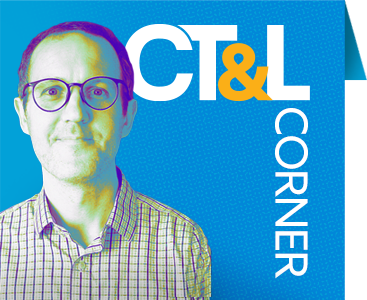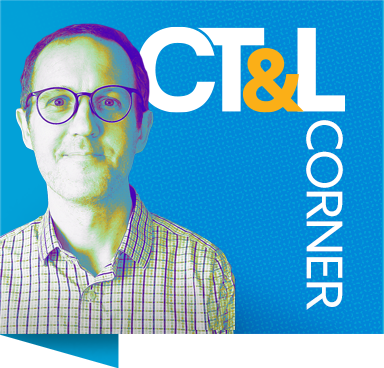Assessment is a word that can carry different meanings depending on your role in an institution. Administrators will think about assessment along the lines of accreditation, while instructors are more likely to think about assessment in terms of grading. The Merriam-Webster dictionary defines assessment as simply “the action or an instance of making a judgment about something.” I appreciate how this definition acknowledges the subjectivity of assessment, which can be obscured in educational definitions of assessment, such as “… the systematic process of collecting, evaluating, and using information to determine how well we are meeting our educational goals.” In education, assessment involves questions of alignment: did we have clear objectives, and did we meet them?
Yet, this question of “Did we do what we set out to do?” can seem at odds with the sometimes unpredictable outcomes of exploring artmaking. How do we value creative processes in ways that can (or maybe can’t?) be assessed directly? This year, I worked with an instructor who wanted to encourage some amount of risk-taking in their students’ artmaking. Logically, they included an element of risk taking on the rubric for certain assignments. In conversation, we discussed the benefits and drawbacks of trying to quantify the subjective attitudes we want our students to cultivate in their artmaking. Either way, it was clear that, in addition to foundational objectives, the instructor also valued students’ growth as artists in more intangible ways.
One of many quotes attributed to Albert Einstein suggests that this tension is part and parcel of assessment: “Not everything that counts can be counted, and not everything that can be counted counts.” Further, the assumption that things must be counted to be assessed is not one that necessarily follows. Formative assessment involves any attempt to “monitor student learning to provide ongoing feedback that can be used by instructors to improve their teaching and students to improve their learning.” Getting a sense of what students have learned (or not) allows us (both teachers and students) to make appropriate adjustments as we go, no grading necessary.
This summer, a group of faculty and I have been reading Let’s Talk About Critique, and one of the key critiques of critique (say that five times fast) is that critique is often treated solely as a summative assessment, a giving of feedback at a point when we can’t do much about it! When I look back on my own time as a student, I wonder how many times I have turned in a paper, only to get copious notes that I can’t do much with (Hint: more than once).
We assess what we value. While we benefit from clear standards and objectives, conversation with most teachers also brings up intangibles. The question of how we assess values such as creative risk-taking may not be straightforward, but we leave things up to chance when we focus on what’s measurable without looking for what matters.



